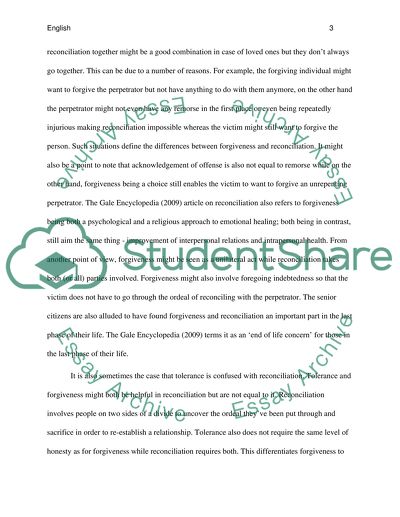Cite this document
(“Forgiveness Essay Example | Topics and Well Written Essays - 1500 words”, n.d.)
Retrieved from https://studentshare.org/education/1469440-forgiveness
Retrieved from https://studentshare.org/education/1469440-forgiveness
(Forgiveness Essay Example | Topics and Well Written Essays - 1500 Words)
https://studentshare.org/education/1469440-forgiveness.
https://studentshare.org/education/1469440-forgiveness.
“Forgiveness Essay Example | Topics and Well Written Essays - 1500 Words”, n.d. https://studentshare.org/education/1469440-forgiveness.


